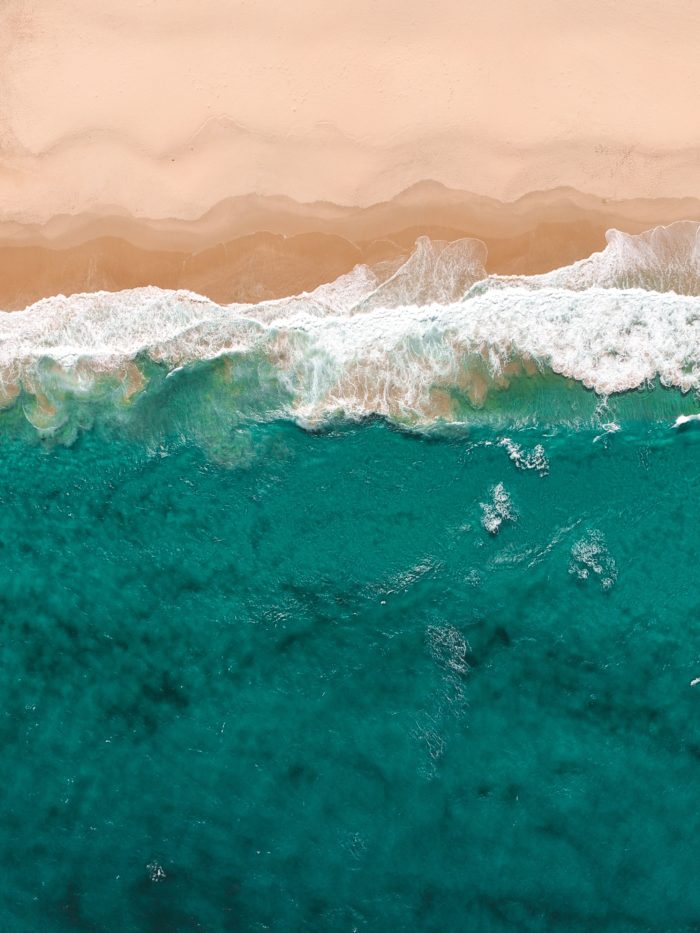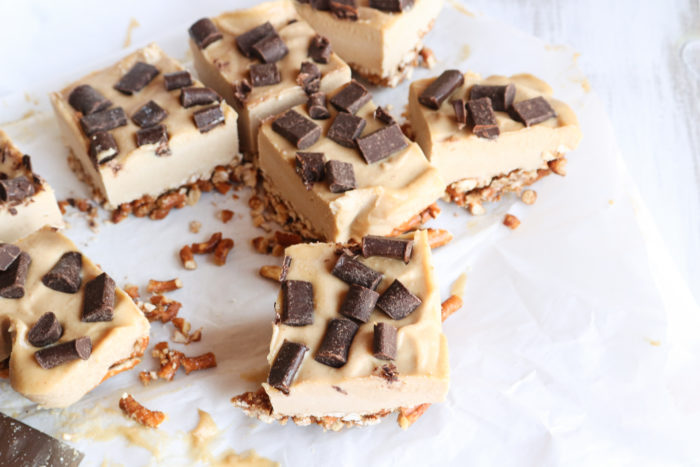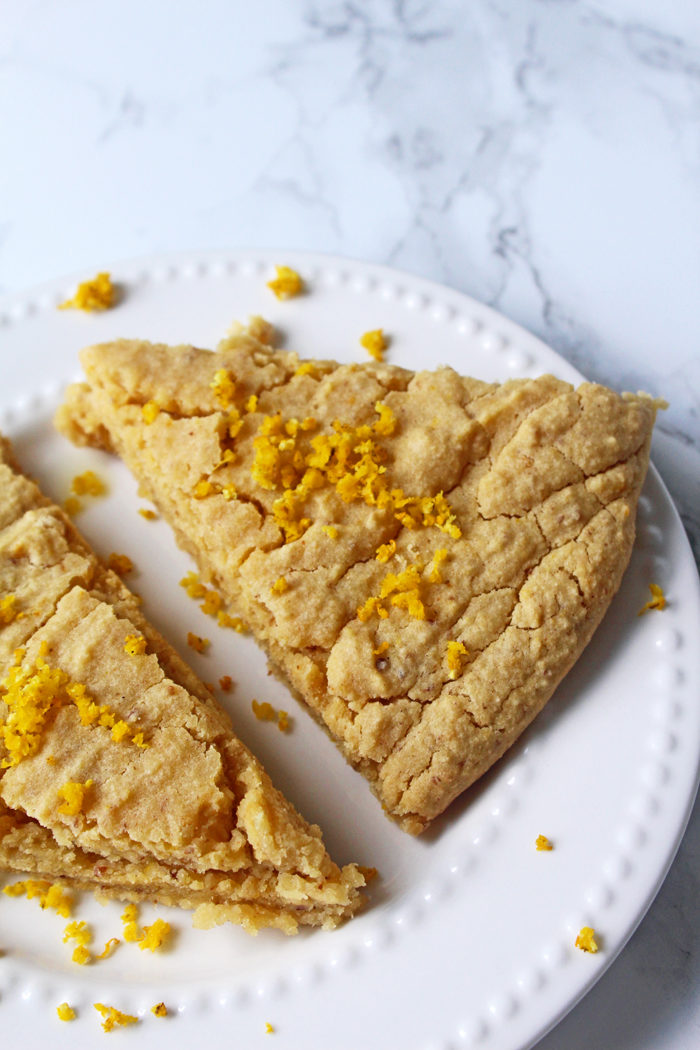![]() In college, I went through a period where I was taking a lot of dance classes and comparing myself to my thinner peers. I coped with this by overexercising, completely eliminating oil from my diet, and eliminating gluten. As you can imagine, all those restrictions on top of my regular vegan diet meant I was hungry all the time. To stave off hunger, I would eat instant oatmeal or drink copious amounts of tea sweetened with at least 2 packets of Splenda.
In college, I went through a period where I was taking a lot of dance classes and comparing myself to my thinner peers. I coped with this by overexercising, completely eliminating oil from my diet, and eliminating gluten. As you can imagine, all those restrictions on top of my regular vegan diet meant I was hungry all the time. To stave off hunger, I would eat instant oatmeal or drink copious amounts of tea sweetened with at least 2 packets of Splenda.
This memory is already cringe-worthy (so, so misguided!!), but recent news of what artificial sweeteners do to your gut flora adds just another nightmarish dimension. A new study published in Molecules found that bacteria found in the digestive system became toxic when exposed to 6 FDA-approved artificial sweeteners ( aspartame, sucralose, saccharine, neotame, advantame, and acesulfame potassium-k) and 10 sport supplements containing these sweeteners. This means they literally make your gut flora sound the alarm that something bad has entered the system.
Among other things, your gut flora is responsible digestion, trouble-free skin, even your mental health, personality, and mood. Your GI is now considered the second brain with 100,000,000 active neurons. There are even studies that have discovered that gut microbiota is involved in attraction and reproductive behavior–aka, falling in love through a woman (or a man)’s stomach! In short, destroying your gut microbiota wreaks havoc on your whole health, inside and out. Plus, artificial sweeteners increase your risk of type 2 diabetes and increase your sugar cravings and appetite, leading to weight gain.
Unfortunately, the bad news doesn’t stop there. Artificial sweeteners are not digestible by the human body, not biodegradable through natural processes or wastewater management–which means that they are now found in the world’s drinking water, rivers, lakes, and oceans. Yes, after passing through our bodies.
Thus far, artificial sweeteners seem to have no serious adverse effects on our marine life–but since they *do* transform our gut bacteria, it follows they will alter our environment, sooner or later. As with any pesticides, chemicals, fire-retardants, and plastics that have entered nature, manmade substances are irretrievable, like the things released from Pandora’s box. Furthermore, the sweeteners’ disposable packaging ends up in the landfill, adding to their pollution load.
For the best way to satisfy your sweet tooth, try blackstrap molasses (high in natural minerals and enzymes), organic and local honey from the farmer’s market, coconut sugar, maple syrup, or date sugar. For a calorie-free option, try stevia or monkfruit extract.
Vegan Peanut Butter Chocolate Cheesecake sweetened with maple syrup
GF Vegan Orange Scones using stevia baking blend
Vegan Pear Crumble With Coconut Whip using coconut sugar
Of course, the healthiest possible way to satisfy your sweet tooth is always with a fresh piece of fruit.
What’s your favorite natural sweetener?
Related: Why Blackstrap Molasses Are Actually A Superfood, Especially For Vegans
How To Choose Sweeteners For Your Vegan Baking & Get Perfect Results, Every Time
Get more like this—Subscribe to our daily inspirational newsletter for exclusive content!
__
Photo: rawpixel on Unsplash; Colette Goguen; Mary Hood Luttrell; Isabelle Steichen







